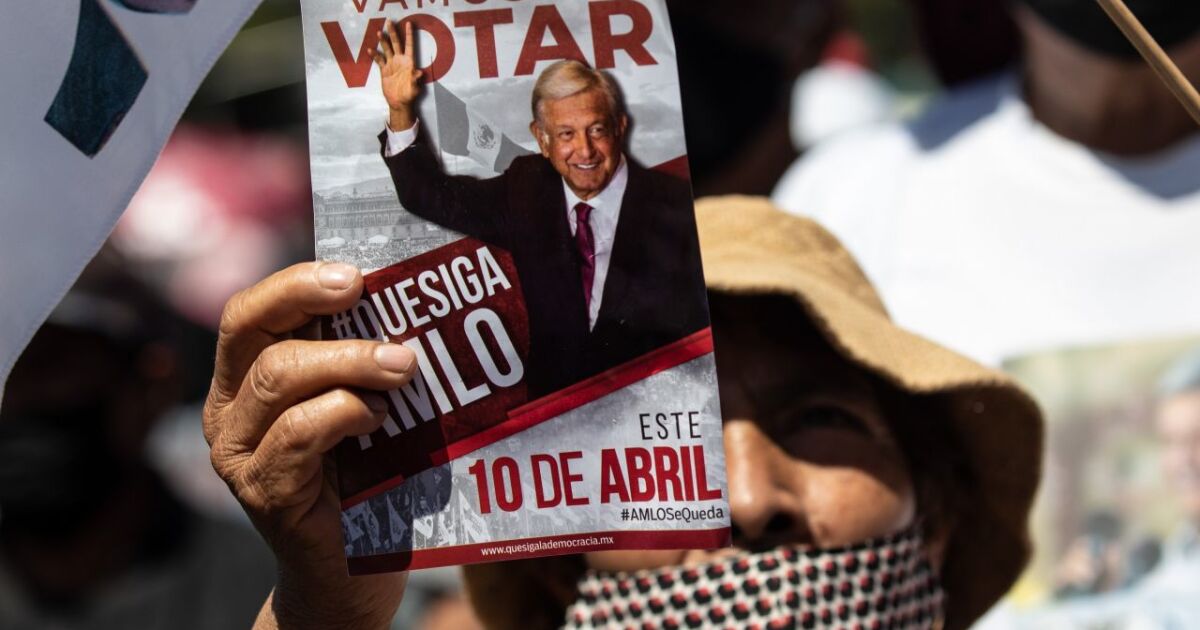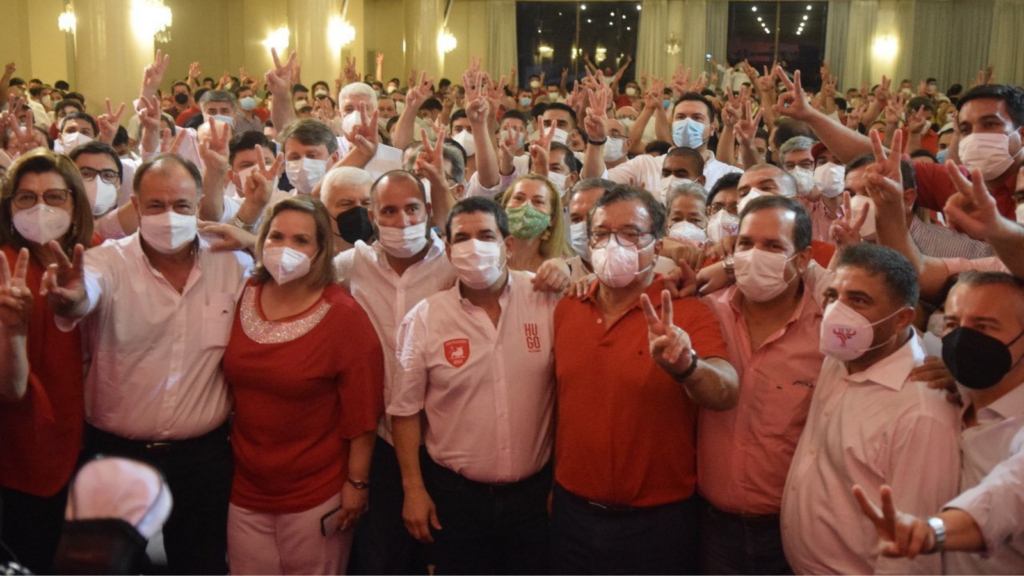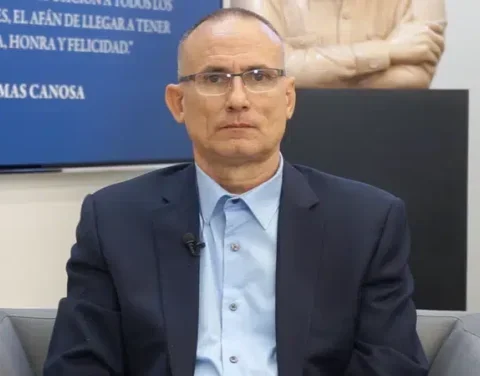In any case, he warns, the result will serve as a narrative in the midst of the debate on the priority agenda of the federal president and Morena in Congress, including energy and electoral reform.
Integralia emphasizes that the revocation consultation, the first in Mexico, could show that it was not a democratic exercise —due to the non-attendance of the non-conformists—, but rather that it was an exclusive exercise for the president and his party.
In addition, the results could be translated into a six-year term of “four plus two”, that is, it would be giving incentives to govern the first half with an emphasis on avoiding being removed, and in the last two years it would mark the intention of a “legacy”, which could fuel “short-termism” and clientelism.
“The revocation of the mandate implies a risk of political instability, since the instrument was adapted to the current situation: a popular president, with a majority in the Legislature,” he said.
However, it also states that those who head the Presidency of the Republic in the future will be cornered by the possibility that their mandate ends early, so they will govern favoring popular measures with immediate effect. While the opposition will have incentives to obstruct and seek revocation as a latent threat.

















